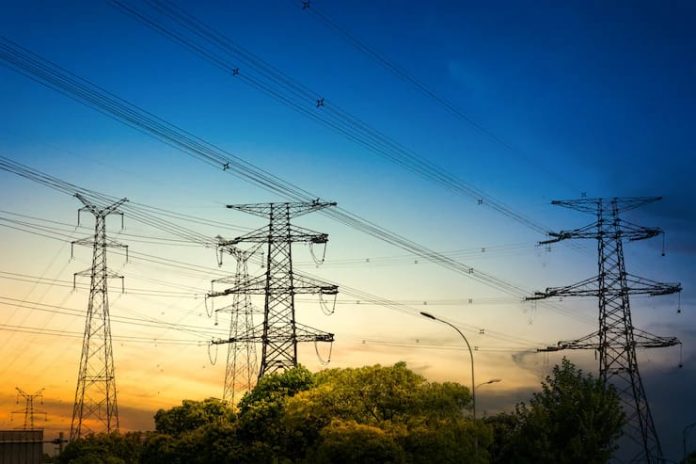Nigeria’s electricity generation may grind to a halt as power generation companies (GenCos) on Monday raised alarm over a crippling debt of over ₦4 trillion, warning that the growing liquidity crisis poses a serious threat to national power supply.
The Association of Power Generation Companies (APGC) disclosed this in a statement signed by its Chairman, Board of Trustees, Col. Sani Bello (Rtd.), lamenting that GenCos are now receiving as low as 9% to 11% of their entitled payments under the Power Purchase Agreement (PPA), with payment rates dipping below 30% overall.
“This deprioritization of GenCos in the payment system is unsustainable,” Col. Bello stated. “Legacy debts and arrears from 2024 have pushed the sector to the brink, with generation capacity hanging by a thread.”
According to the group, foreign exchange volatility, rising operational costs, and dollar-denominated maintenance expenses are compounding the financial stress. They also cited multiple taxation, concession fees, and heavy regulatory compliance costs as further eroding their already thin margins.
To avert an imminent blackout, the GenCos outlined a set of urgent demands to the Federal Government and relevant authorities:
1. Immediate settlement of all outstanding invoices, including legacy debts and 2024 arrears.
2. Prioritization of GenCos’ payments under the waterfall payment arrangement to ensure full disbursement as at when due.
3. Implementation of a clear financing plan, backed by guarantees from institutions such as the World Bank or African Development Bank (AfDB), to support the NERC’s Supplementary Order and Distribution Recovery Order (DRO) 2024.
4. Enhanced transparency in billing, collection, and remittance of sector funds.
5. Investor-focused policies and regulations that incentivize power sector investment.
6. Effective liberalization of the electricity market through bilateral arrangements to build confidence and financial viability.
7. Strict enforcement of market agreements and rules by regulators to ensure discipline across the sector.
“GenCos are operating under extremely harsh monetary and fiscal conditions,” the statement warned. “The liquidity challenge must be urgently addressed to avoid a systemic failure that could plunge the nation into darkness.”
The group further emphasized that without financial intervention and systemic reform, their ability to maintain and expand power generation will be severely compromised — with dire consequences for homes, businesses, and economic growth.
“The sustainability of power supply hinges on ensuring GenCos are paid for the power they generate,” the statement concluded. “It is no longer a matter of when, but how quickly the government can act to prevent a total collapse of generation capacity.”

